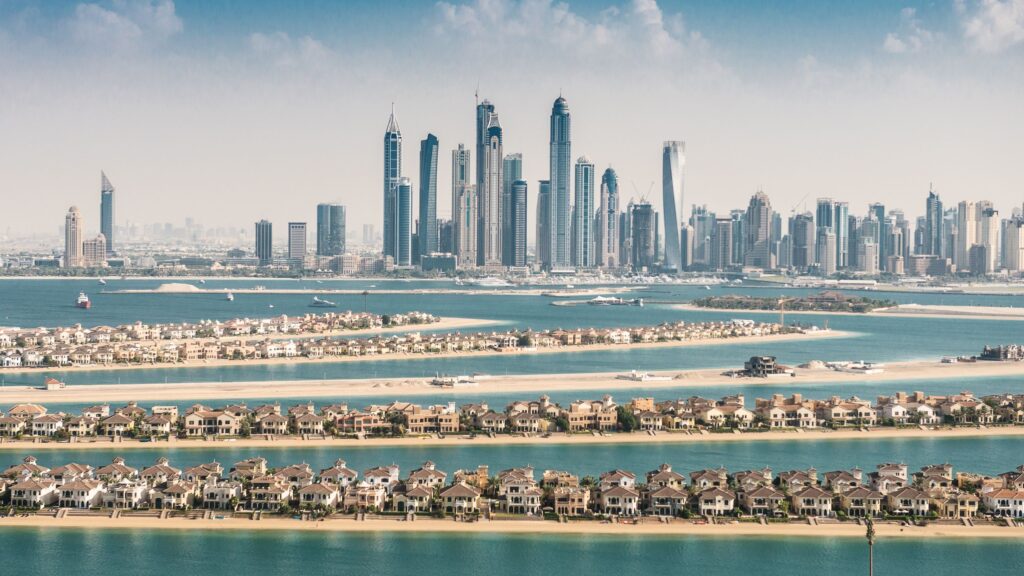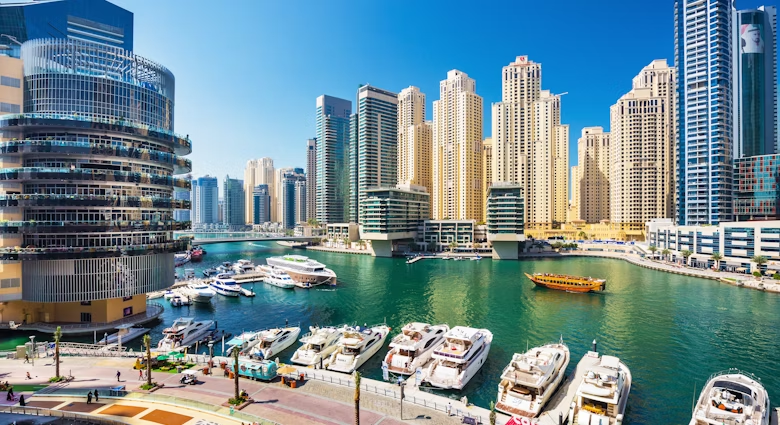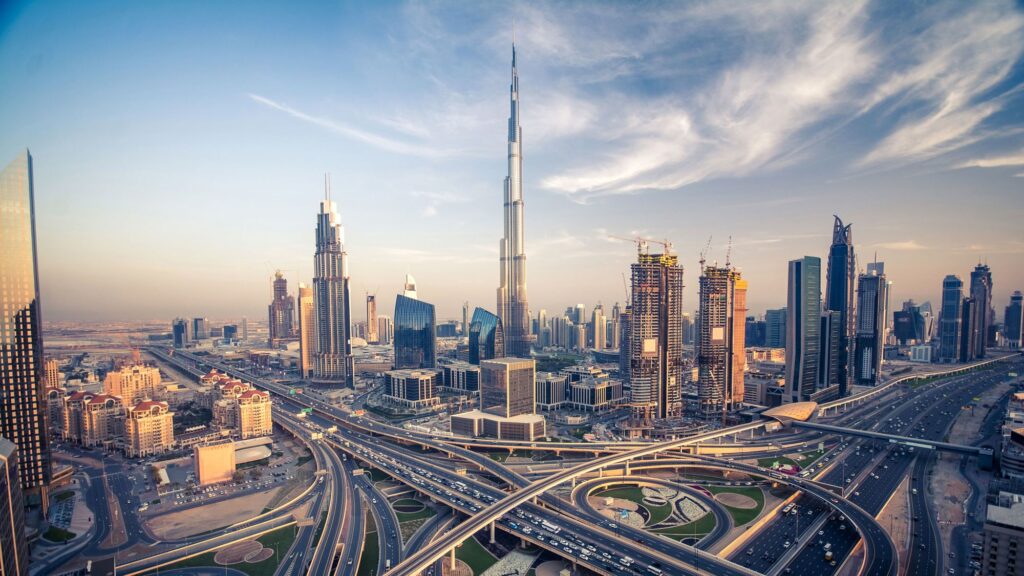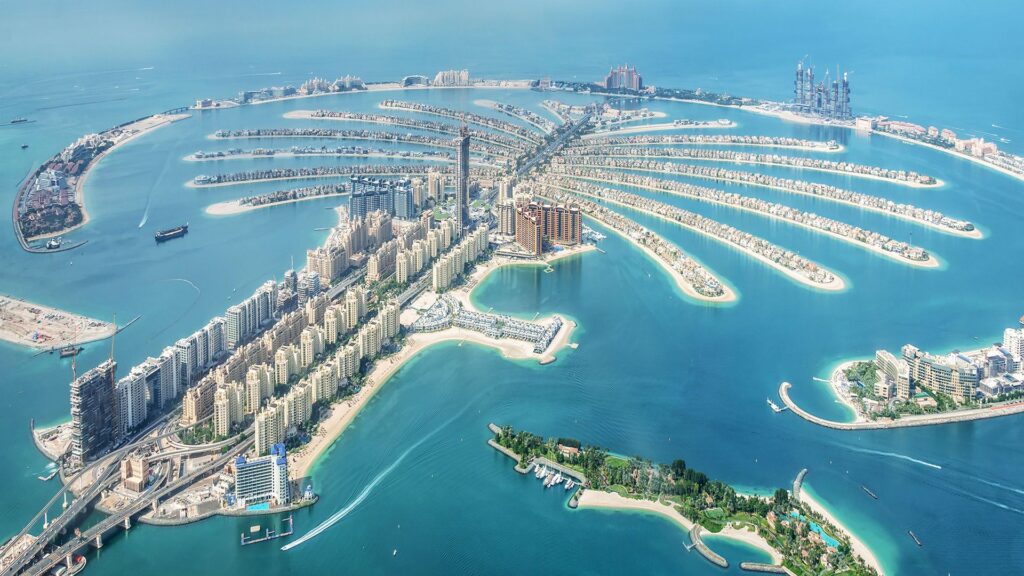When it comes to setting up a business in the UAE, one of the first decisions entrepreneurs face is which emirate to choose—Dubai, Abu Dhabi, Sharjah, or one of the northern emirates like Ajman, Ras Al Khaimah, or Fujairah. While each emirate offers its own unique benefits, Dubai free zones continue to stand out as the top choice for startups, freelancers, and international investors.
In this article, we’ll break down why Dubai free zones are better than free zones in other emirates, and help you decide if it’s the right place to launch or relocate your business.

1. Dubai Has the Best Global Reputation
Dubai is the most recognized city in the UAE—often mistaken for the country itself. Thanks to its:
- World-class infrastructure
- Mega events like Expo 2020
- Iconic skyline and tourism
- Established expat business community
…Dubai carries immense brand value. Having a Dubai business license on your company documents automatically gives you more credibility when dealing with clients, investors, and international partners.
Clients trust companies with a Dubai address—especially in industries like consulting, marketing, crypto, tech, and e-commerce.
2. Strategic Location for Business and Logistics
Dubai is geographically located at the crossroads of Asia, Europe, and Africa. Whether you run a logistics company, an import/export business, or a digital service—being based in Dubai gives you:
- Faster shipping times
- Lower warehousing costs (in zones like JAFZA, Dubai South)
- Easy access to two of the world’s busiest airports and ports
- Access to the largest free zone in the world: JAFZA
Other emirates like Ras Al Khaimah or Fujairah may be cheaper, but they’re less connected—meaning longer delivery times and fewer international flights.
3. Wider Range of Free Zones to Choose From
Dubai offers over 30+ specialized free zones, each catering to specific industries:
| Free Zone | Best For |
|---|---|
| DMCC | Crypto, commodities, trading |
| DIFC | Finance, investment firms |
| Dubai Media City | Marketing, influencers, PR |
| DSO | Tech startups, developers |
| Meydan FZ | Freelancers, low-cost setups |
| Dubai South | Logistics, aviation, ecommerce |
| IFZA | General trading, consulting |
In contrast, most other emirates have only 2–4 free zones, often with limited business activity options and fewer support services.

4. More Flexible Business Activities & Licenses
Many Dubai free zones allow you to:
- Combine multiple activities under one license
- Sponsor dependents and employees
- Easily upgrade your office or license
- Open UAE bank accounts faster
Other emirates sometimes limit activity choices or don’t permit combining digital + commercial activities, forcing you to buy two licenses.
Some Dubai zones like IFZA, Meydan, and SPC even offer “dual-license models”, allowing you to operate in both free zone and mainland (with limitations).
5. Better Networking, Events, and Co-working Culture
Dubai is the business capital of the Middle East for a reason. Every week, there are:
- Networking events
- Startup pitch nights
- Chamber of Commerce sessions
- Business incubators (e.g., AstroLabs, In5, DTEC)
You’ll be surrounded by like-minded professionals, mentors, and potential investors. If you’re serious about growth, this environment is invaluable.
Compare that to free zones in Ajman or RAK, where the ecosystem is quieter, and the networking culture is limited.
6. Investor-Friendly Regulations and Bank Support
Banks in the UAE often prefer working with Dubai-based businesses due to:
- Higher transparency in licensing
- Better KYC standards
- Improved compliance
Getting a business bank account in Dubai is usually faster and smoother, especially if your license is from reputable zones like DMCC, IFZA, or DSO.
Some smaller emirates face delays or higher rejection rates due to lesser-known free zone names.

7. Attractive Options for Freelancers and Remote Workers
Many digital nomads, consultants, and solopreneurs are choosing Dubai free zones like Meydan, IFZA, and SPC for:
- Affordable license packages (starting at AED 12,500–15,000)
- One visa included
- No office requirements
- Easy 100% ownership
And unlike some zones in other emirates, Dubai zones often give you access to coworking spaces, business lounges, and premium addresses, helping you build a stronger brand image.
8. Real Estate and Lifestyle Benefits
Let’s be honest—if you’re moving to the UAE, Dubai offers the best overall lifestyle:
- World-class healthcare, education, and safety
- Vibrant expat communities
- Endless options for dining, events, and leisure
- Reliable public transport and business districts
Living in Dubai while your business is registered in another emirate like Sharjah or Umm Al Quwain might save a few thousand dirhams—but you’ll often have to travel frequently to that emirate for renewals, inspections, or document work.
9. Access to Top Talent
Dubai attracts professionals from around the world—marketers, developers, finance experts, engineers, and more. Hiring is easier here, with better access to:
- Recruitment agencies
- Job fairs
- Co-working spaces with talent pools
- Interns from top universities (like Heriot-Watt, AUD, and Hult)
If you’re hiring remotely or building a hybrid team, Dubai gives you a stronger talent base than most other emirates.
10. Stronger Support Ecosystem for Business Growth
From mentorship to funding to scaling operations, Dubai offers:
- Startup incubators
- Government funding programs (like Dubai SME)
- Faster tech adoption (AI, crypto, Web3, smart city initiatives)
- Easier access to legal and consulting support
You’re not just registering a company—you’re becoming part of a thriving business hub.

Conclusion: Is Dubai Worth the Higher Cost?
Yes, Dubai free zones are usually slightly more expensive than those in Ajman, RAK, or Sharjah—but what you get in return is:
✅ Better branding
✅ More flexibility
✅ Smoother banking
✅ Stronger ecosystem
✅ Access to premium clients
If you’re serious about building a real, global-facing business from the UAE, Dubai free zones are worth every dirham.

